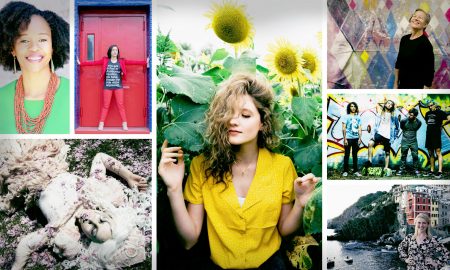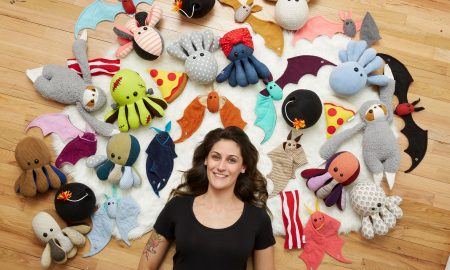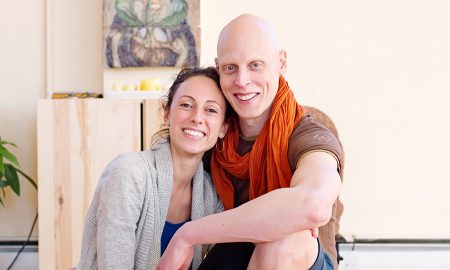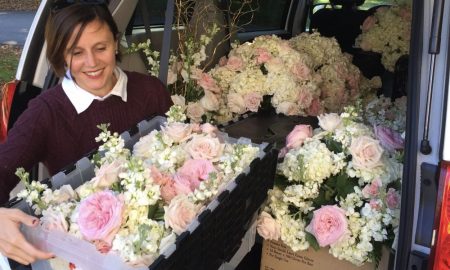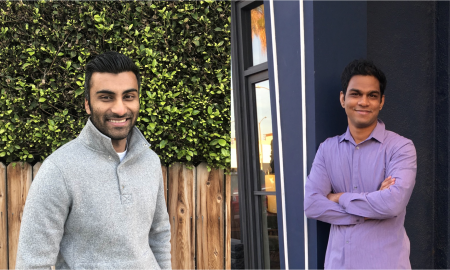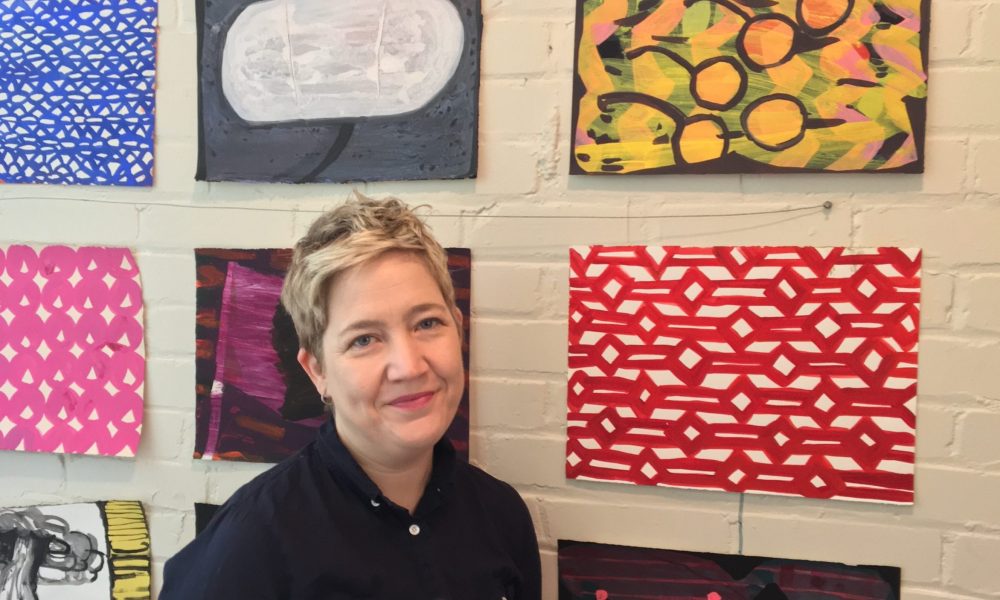

Today we’d like to introduce you to Elizabeth Thach.
Every artist has a unique story. Can you briefly walk us through yours?
I was born in Montreal, but spent most of my childhood in St. Louis, Missouri, growing up in a typical suburb with my parents and two sisters. My father was a physician and mother was a librarian. My sisters and I went to local Catholic schools until sixth grade when we went to one of the prep schools in town. We played soccer and basketball. (I played badly.) My little sister skated. Despite that, it was an eccentric childhood; both of my parents are quirky intellectuals. Curiosity was celebrated. My father collected animals that he found on the road (mostly song-birds) that he stored in the freezer (a purely scientific interest, but midwestern babysitters were somewhat taken aback), while my mother, always a rabid reader, at one time had a subscription to four newspapers that she read every morning, because she needed to get all sides of the issue.
I studied painting at Vassar College but I also seriously studied lots of other things, including Art History, Medieval Culture, Latin American Studies, Biology, and Philosophy. Throughout my life, I have repeatedly been told that “you don’t talk like an artist”; in 2012, I got tired of fighting it, and decided to become a curator. I founded the HAMMER collaborative and spent the next couple of years ostensibly promoting and showing the work of Ed Teach and Liza Kara , both pseudonyms. It was a gestational period for my work: working under the “cover” of a pseudonym was liberating. I have always had a love/hate relationship to painting and painterly authorship and it was easier just to table the question for a while. Then a fellow artist expressed annoyance, “It seems like Ed is taking all the credit for your work.” So I stepped back into the frame as the maker. It was time. For other reasons as well. In 2016, the political situation seemed to make modernism relevant again. I started making small paintings in conversation with other paintings made in analogously uncertain times.
Please tell us about your art.
There is not a medium I have not used at one time; multi-disciplinary is a word that I am comfortable embracing. I studied art history, and that comes through in my work ; I am a mimic, and that comes through as well. My best work is imbued with the urgency that comes from trying to make sense of the enormous glut of sensory experience that comes from living in a confusing and chaotic world. Making work for me is an extraordinarily open-ended process. That said, perception and the still-life tradition have always resonated for me as guideposts. Pop and outsider artists are also strong influences. I gravitate towards humor and the absurd; I like it in other people’s work, and I am gratified if it makes an appearance in mine. I like to read and find solace in language, so narrative is something that emerges periodically in my work.
As an artist, how do you define success and what quality or characteristic do you feel is essential to success as an artist?
Making art is an intensely personal process and I am a member of a category of artistic types who don’t have the option of choosing to make; I have to make things urgently, and always have. That has nothing to do with success or what is made or whether it is good or whether it is even art; that just describes my personal sense of urgency. Unfortunately, very little of how I define artistic success has to do with monetary reward or general acclaim. (I had a day job for a period of time working with economists in a Boston-based think tank, and the illogic of the artistic life was demonstrated clearly (painfully) in a paper that showed how graduates of different disciplines fared economically. Arts grads? Not good.) So, you have to look for other measures. I think the community is a crucial component of my definition of success; the work gets made in private, but when it gets shown it has the opportunity to exist outside of my world. And either it succeeds or it doesn’t. Not everyone will love everything, but as the artist, you get to choose whose taste matters so you can stack the deck slightly.
How or where can people see your work? How can people support your work?
My studio is in the Vernon Street Building in Somerville, Massachusetts and I take part in their open studios. Information about upcoming open studio events can be found at www.vernonstreeet.com. I am also a member of the Musa Collective, based in Allston, MA, and show with them frequently. https://www.
Contact Info:
- Website: www.elizabeththach.com
- Email: ethach@elizabeththach.com
- Instagram: #thachelizabeth
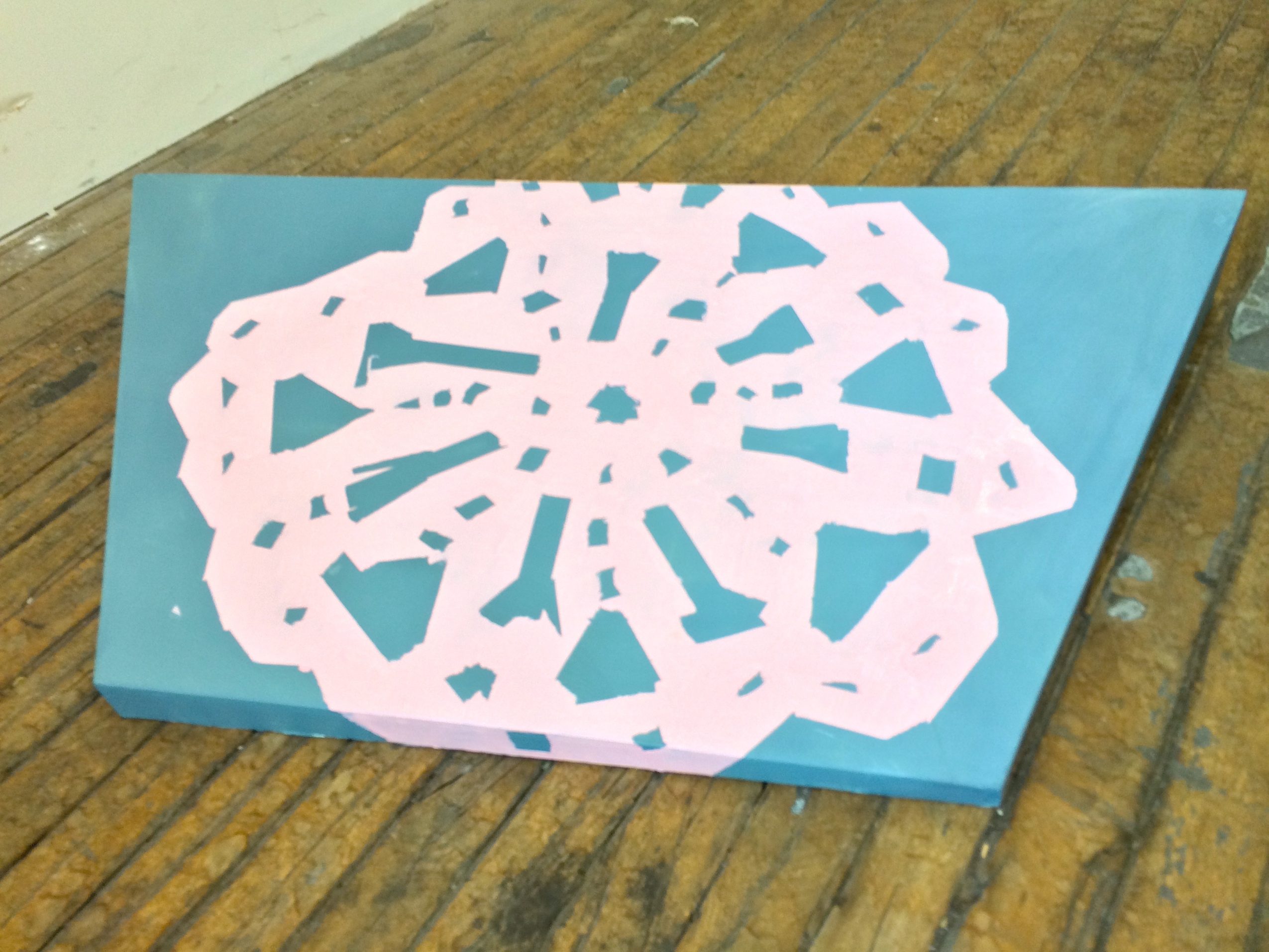
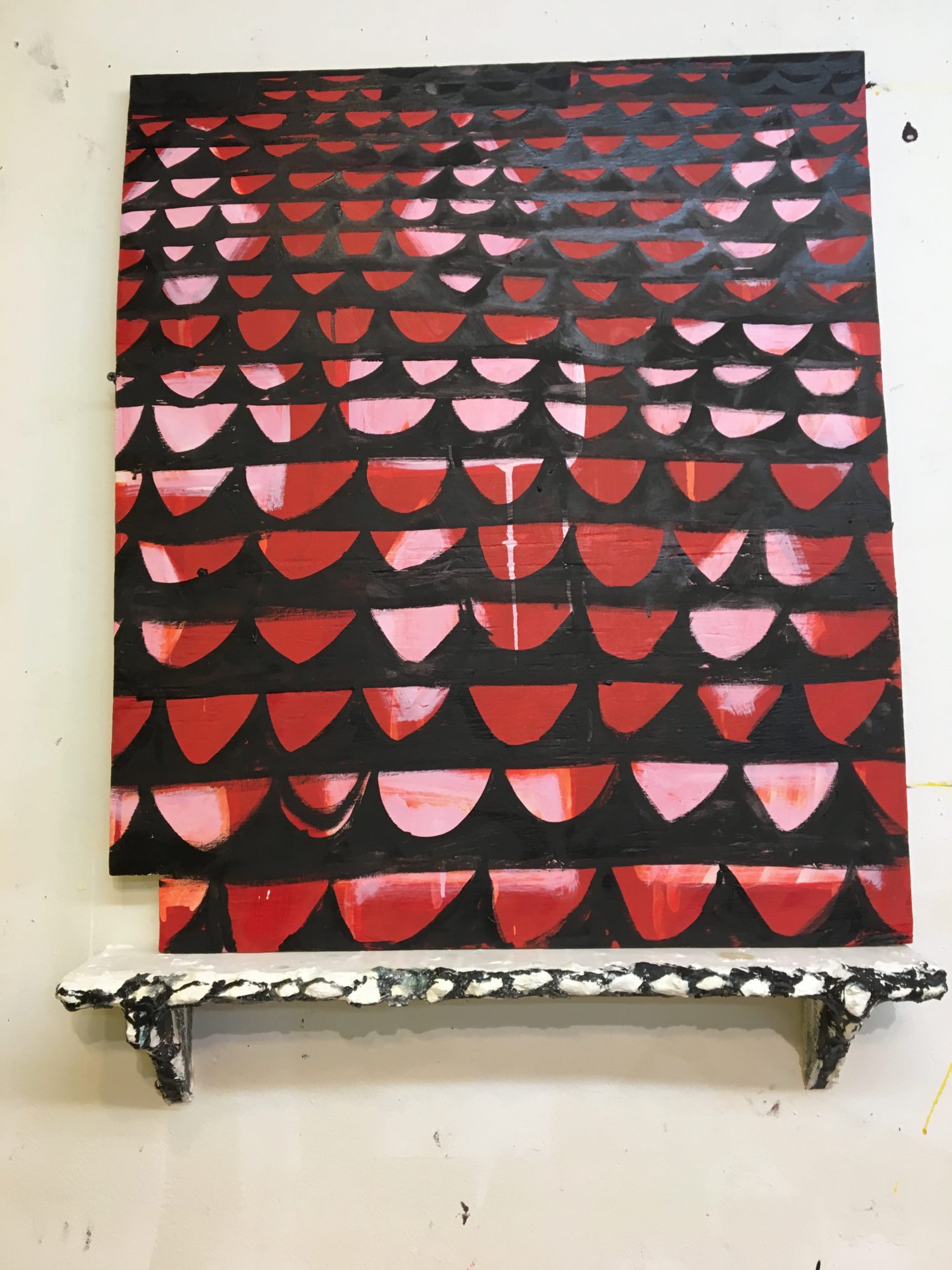
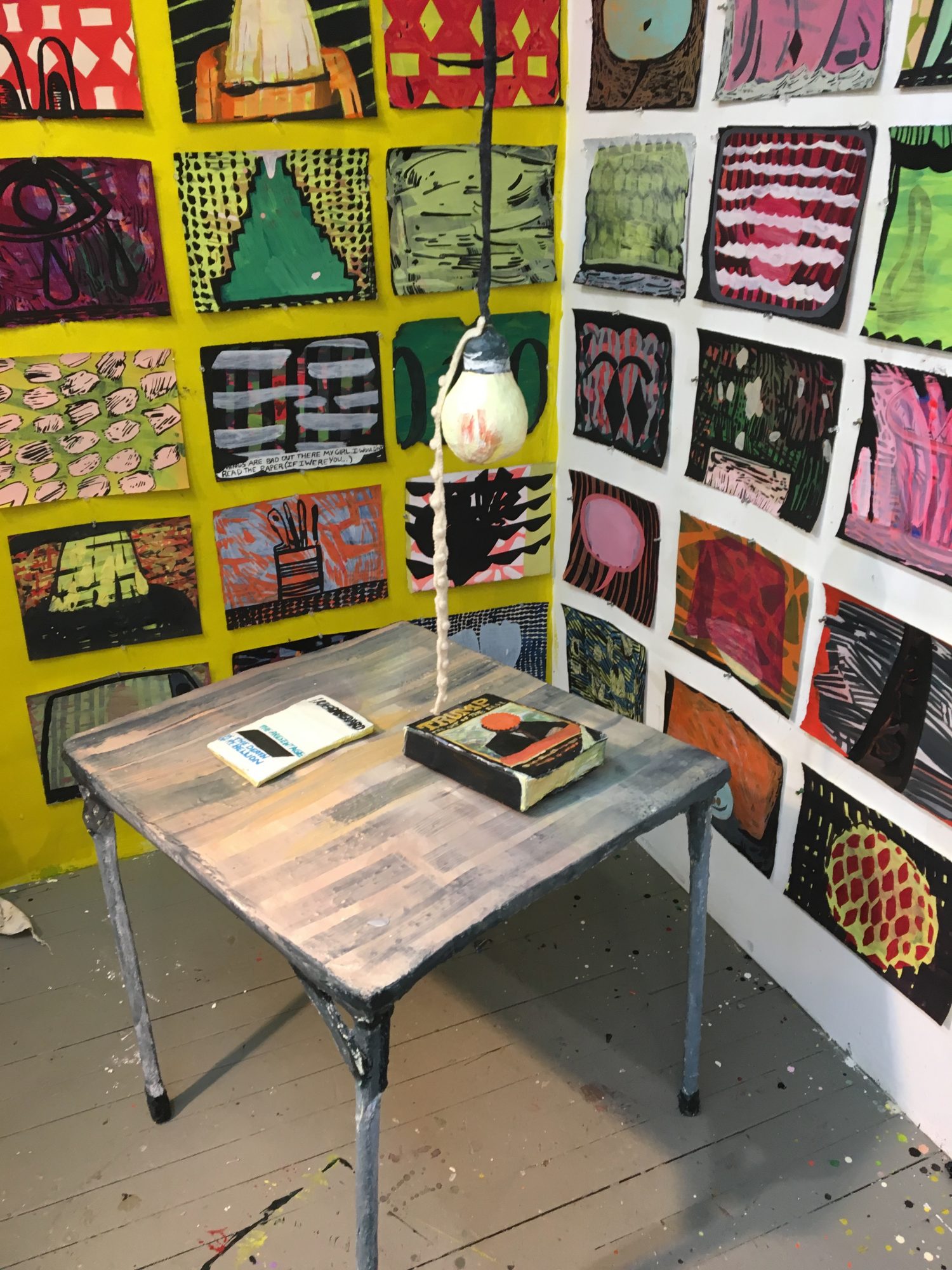
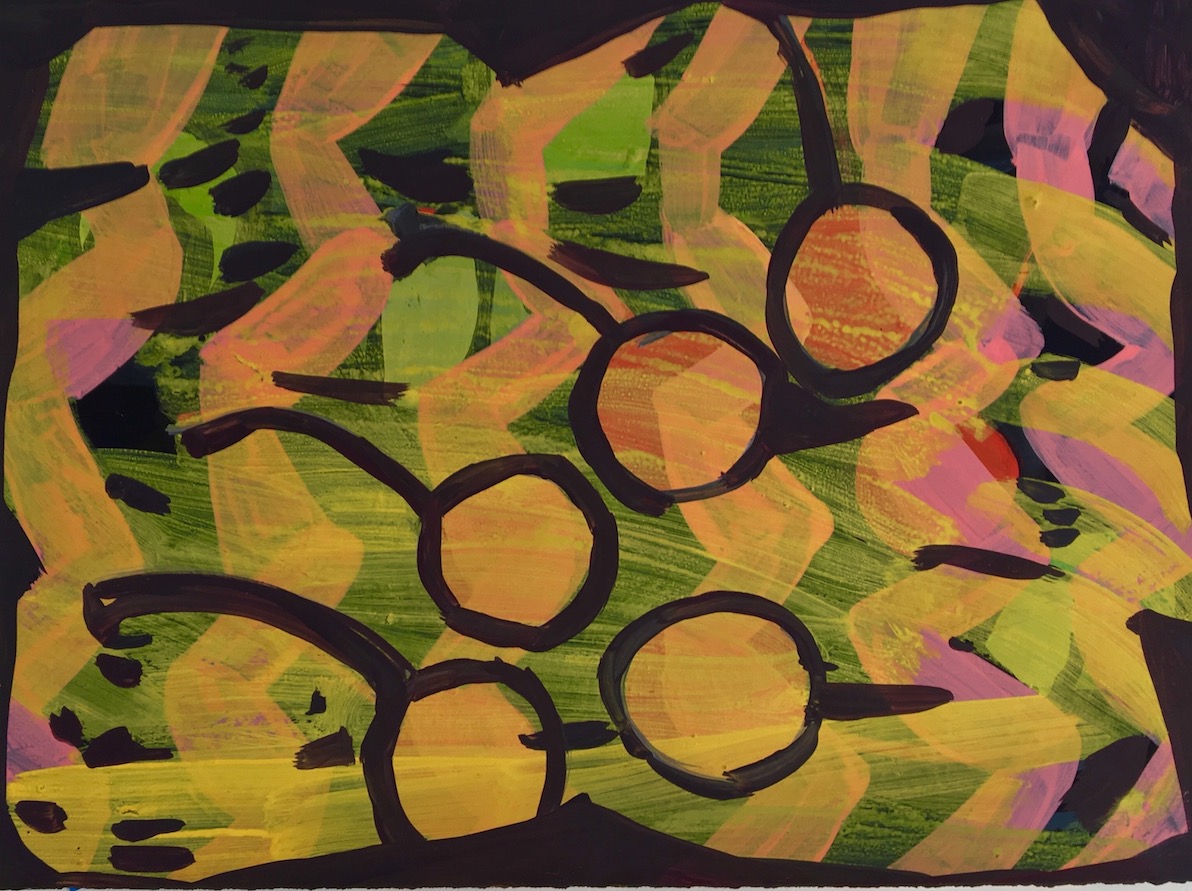
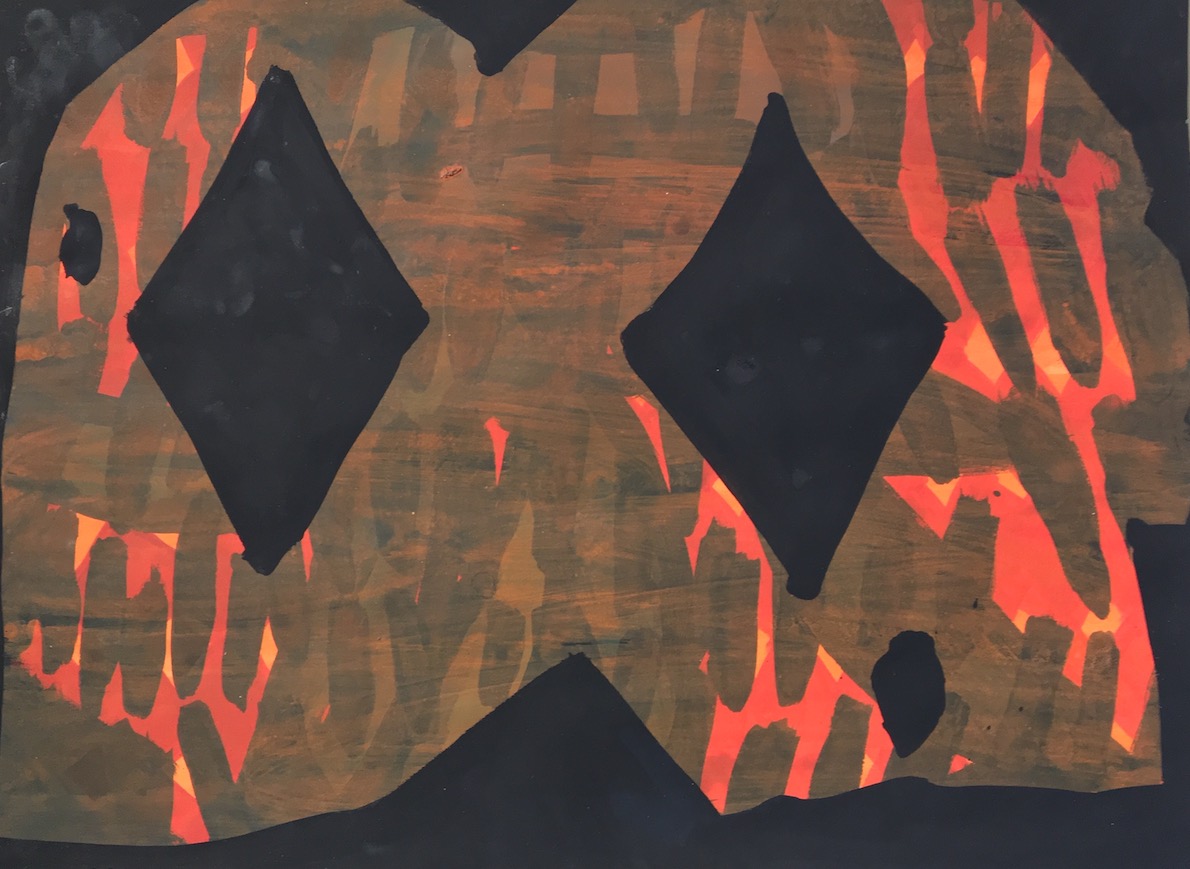
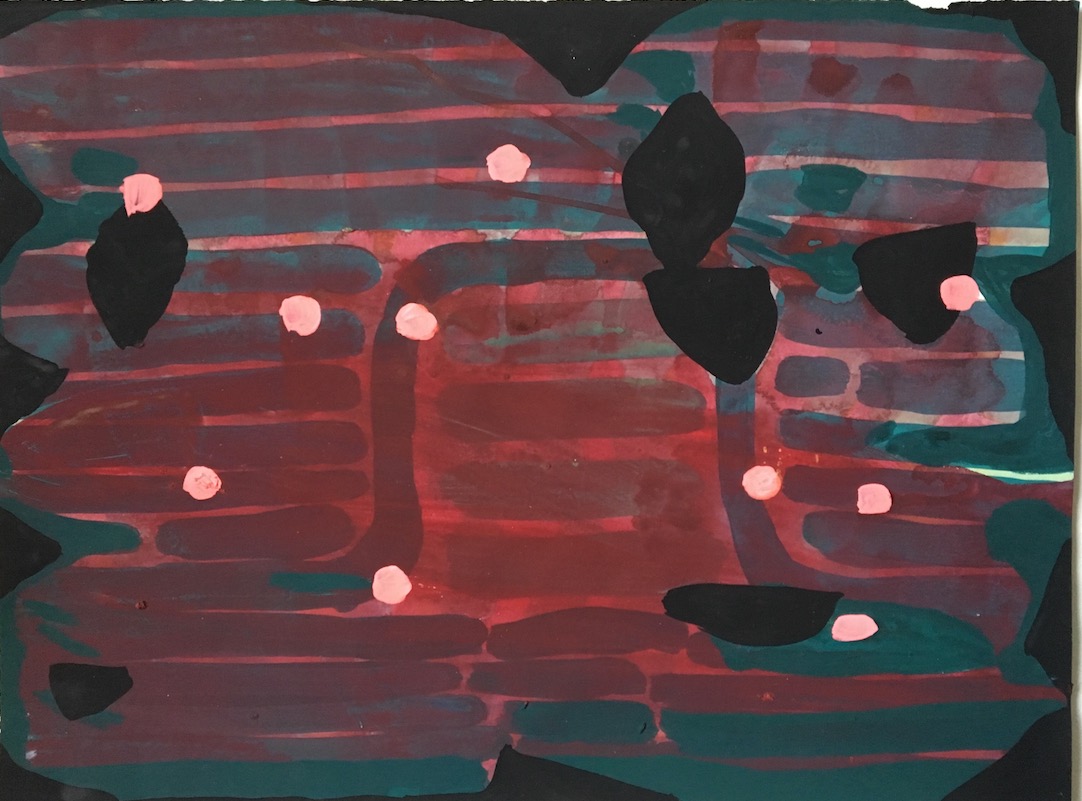 Image Credit:
Image Credit:
Thomas Miles
Getting in touch: BostonVoyager is built on recommendations from the community; it’s how we uncover hidden gems, so if you know someone who deserves recognition please let us know here.

